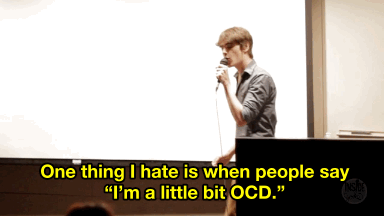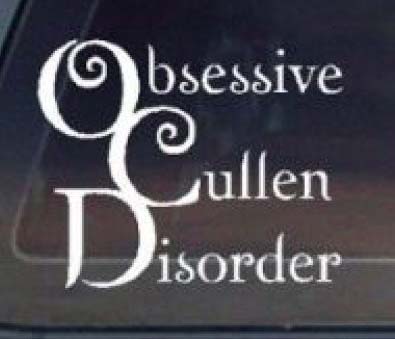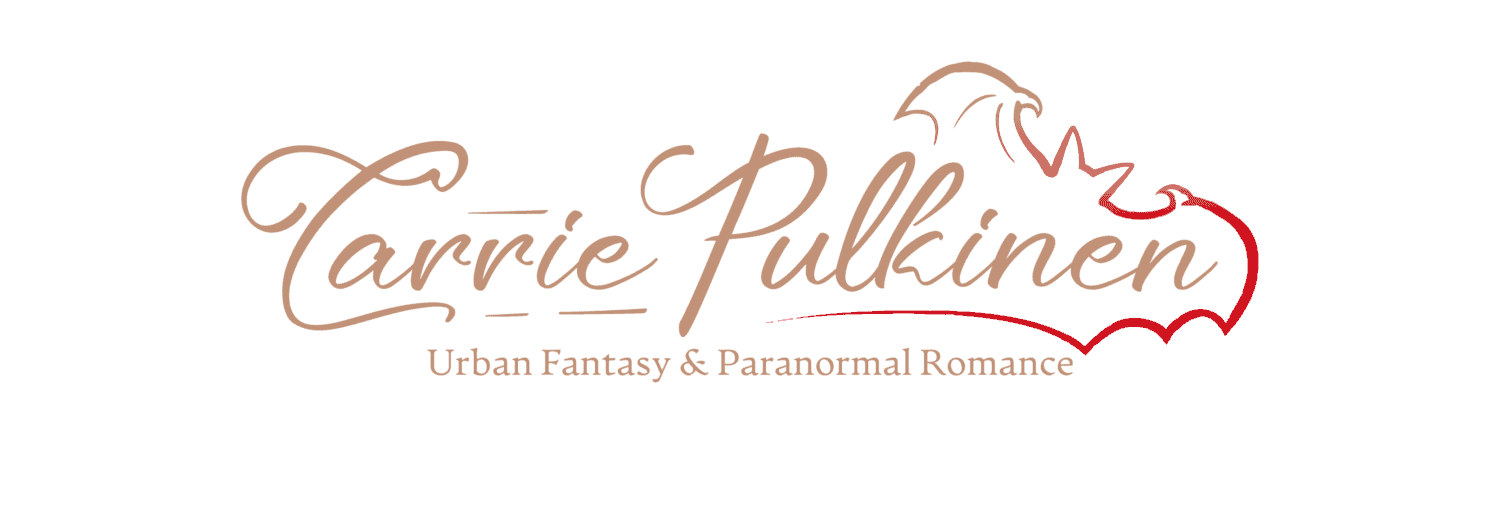Since May is Mental Health Awareness Month, and I’m about to release To Catch a Spirit, a book with a main character who suffers with mental health issues, I wanted to take a moment to talk about a topic that irks me. That topic is the joke that is made of Obsessive Compulsive Disorder (OCD).
It’s not uncommon to hear people jokingly call themselves OCD because they like to keep their house clean or it bothers them when their desk is a mess. Maybe they’ll straighten a book on a shelf at a store and smile and say something like “Sorry. I’m a little OCD.”

I’m sorry, but you’re not. There is a huge difference between liking to keep things neat and orderly and having Obsessive Compulsive Disorder. The National Institute of Mental Health defines OCD as “a common, chronic and long-lasting disorder in which a person has uncontrollable, reoccurring thoughts (obsessions) and behaviors (compulsions) that he or she feels the urge to repeat over and over.”
Let’s talk about obsessions first. “Obsessions are repeated thoughts, urges, or mental images that cause anxiety.” These obsessive thoughts are as unique as the person they belong to, but they can include a whole range of unwanted topics: thoughts of hurting self or others, fear of germs or contamination, thoughts of accidents or illnesses down to every minor, gory detail. And these thoughts won’t go away. A person with OCD can’t just stop thinking about it. I wrote a post a while back about why you shouldn’t tell people to stop thinking about things, so I won’t go into that now. You can read the post here.
Everyone has thoughts they’d rather not think about every now and then. But to be a true disorder (anxiety, OCD, or otherwise) the unwanted thoughts have to cause the person anxiety. “For a person with an anxiety disorder, the anxiety does not go away and can get worse over time.” And believe me, anxiety is nothing to joke about.
The other aspect of OCD that a person may or may not exhibit are the compulsive behaviors. “Compulsions are repetitive behaviors that a person with OCD feels the urge to do in response to an obsessive thought.” Common compulsive behaviors (and the things people poke fun at most) include hand washing, cleaning, ordering and arranging things, and compulsive counting.
The thing I think most people don’t understand about these compulsions is that the afflicted person doesn’t enjoy doing them. He is doing these behaviors in an attempt to find relief from the obsessive thoughts that he can’t get out of his mind. And these behaviors cause significant problems in his life.
In an age where mental health awareness is on the rise, there is no reason for people to still be using OCD as a funny play-on-words. I’ve seen t-shirts, coffee mugs, and car stickers touting phrases like “Obsessive Coffee Disorder,” “Obsessive Christmas Disorder,” “Obsessive Crossfit Disorder,” and a few years ago people even used the term for one of my favorite books and put “Obsessive Cullen Disorder” stickers on their cars.

OCD has become synonymous with “clean” and “organized”. People throw the word around like having OCD is a good thing. But it’s not a good thing. It’s a debilitating illness, and using the term in a lighthearted, joking fashion does a disservice to the people who are actually suffering from the disorder. And there are quite a few people suffering. Nearly one in 100 people suffer from OCD in the United States. About 51 percent of those cases are severe. (source)
So if you ever have the urge to say you’re OCD about something, or that you wish your spouse were OCD so they’d help you keep the house clean, try substituting the word obsessive instead. Obsessive is a personality trait. OCD is a mental disorder.
I was going to include an excerpt from To Catch a Spirit where Logan is battling an OCD episode, but this post has rambled on long enough. Check back in a few days, and I’ll post it to give you an idea about what living with OCD is like. To Catch a Spirit is a paranormal romance, so Logan’s OCD attacks are triggered by his psychic abilities, but his suffering and thought patterns are very much real. I can state this as fact, because Logan’s thoughts used to be my own.





